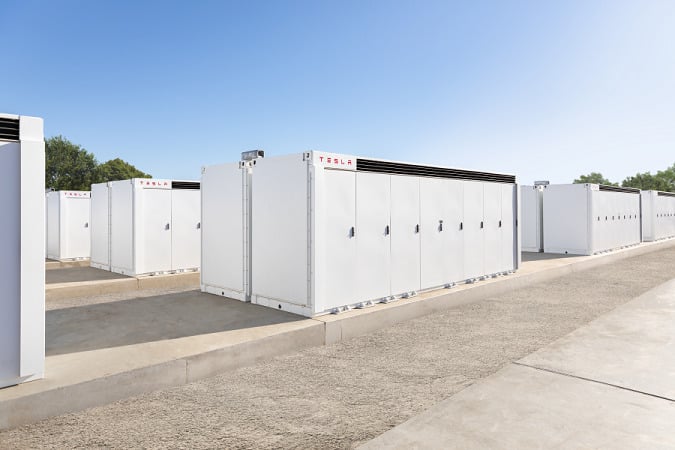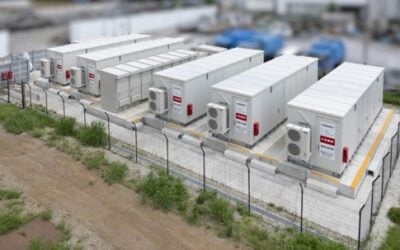
Data from UK consultancy Cornwall Insight shows that profits for battery storage units in the country will rebound by 2026 after “an extended period of underperformance”.
The firm’s GB Battery Revenue Forecast shows that annual revenues for 2-hour assets are set to increase from around £96/kW (US$123.43/kW) in 2025 to £108/kW by 2026, with other durations observing similar growth, Cornwall Insight said. This is attributed to rising wholesale prices, added price volatility and renewables build out over the coming years.
Enjoy 12 months of exclusive analysis
- Regular insight and analysis of the industry’s biggest developments
- In-depth interviews with the industry’s leading figures
- Annual digital subscription to the PV Tech Power journal
- Discounts on Solar Media’s portfolio of events, in-person and virtual
Lead analyst at Cornwall Insight Joe Camish said: “After a challenging period for battery asset owners in GB, we are forecasting a recovery in battery storage revenues over the next two years. This will be encouraging news for investors and asset owners, signalling a more robust and sustainable future for battery storage investments for the remainder of the decade.
“This has been underscored by our recent modelling in which revenue levels are projected to remain above current levels, supported by greater wholesale price volatility in the late 2020s.”
UK battery revenues hit a peak in August, according to analysis by Modo Energy, which reported that battery energy storage systems (BESS) earned the second highest daily total revenue in 2024 so far, reaching a high of £250/MW, on 21 August.
So far in 2024, Britain has seen prices fall below zero for a total of 147 hours – 44 more than the entire of 2023. Modo Energy forecasts that negative-priced hours will total 188 hours by the end of the year. This rise in negative-priced periods contributed to a rise in BESS revenues for late August.
Further, Modo reported that on 21 August, UK BESS systems provided over 600MW of power to the grid through the Balancing Mechanism (BM), boosting the sale price to £47/MW in addition to their wholesale and frequency response revenues.
To read the full version of this story, visit Current.






